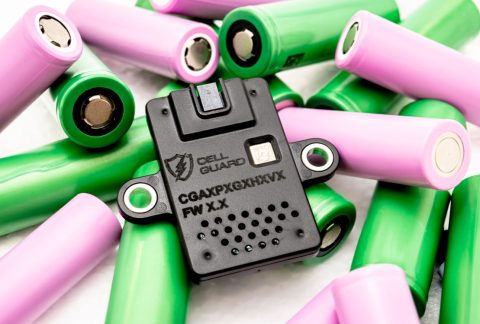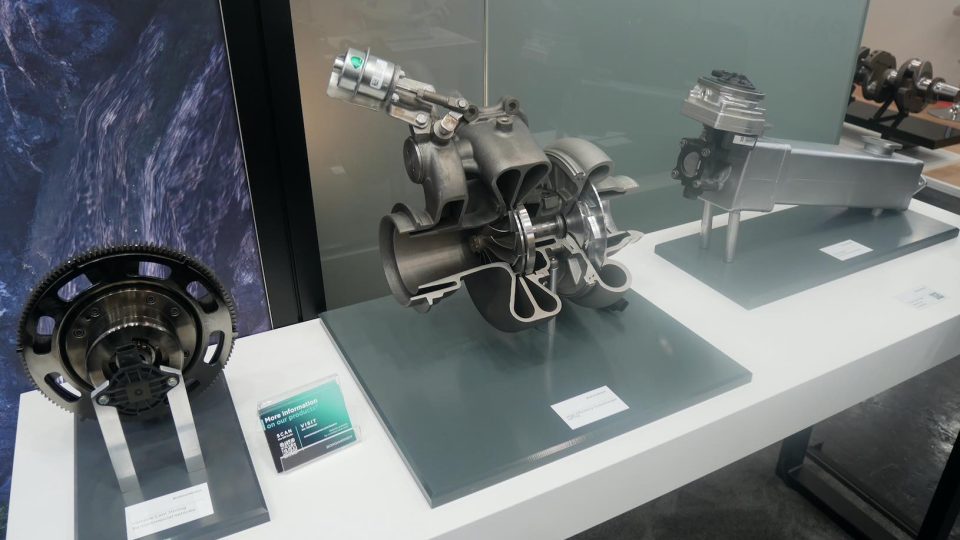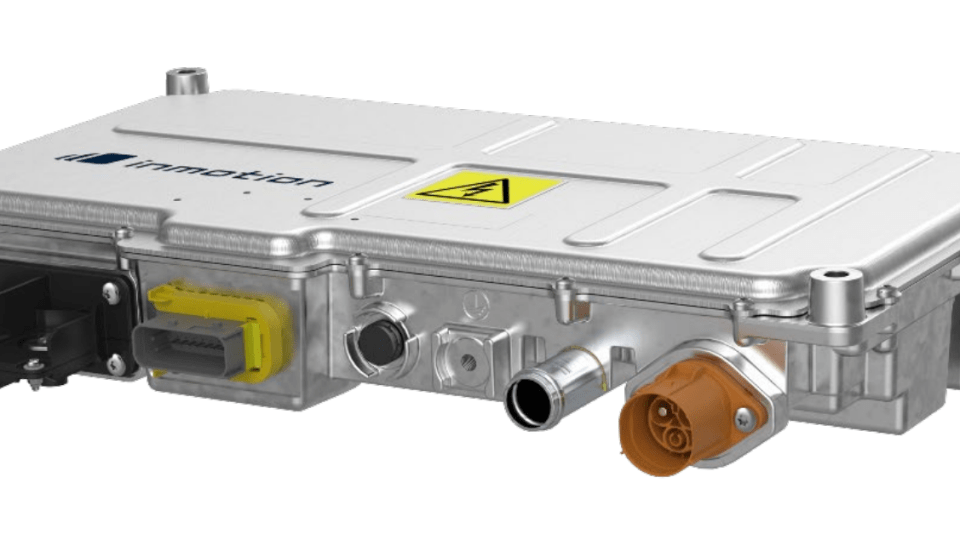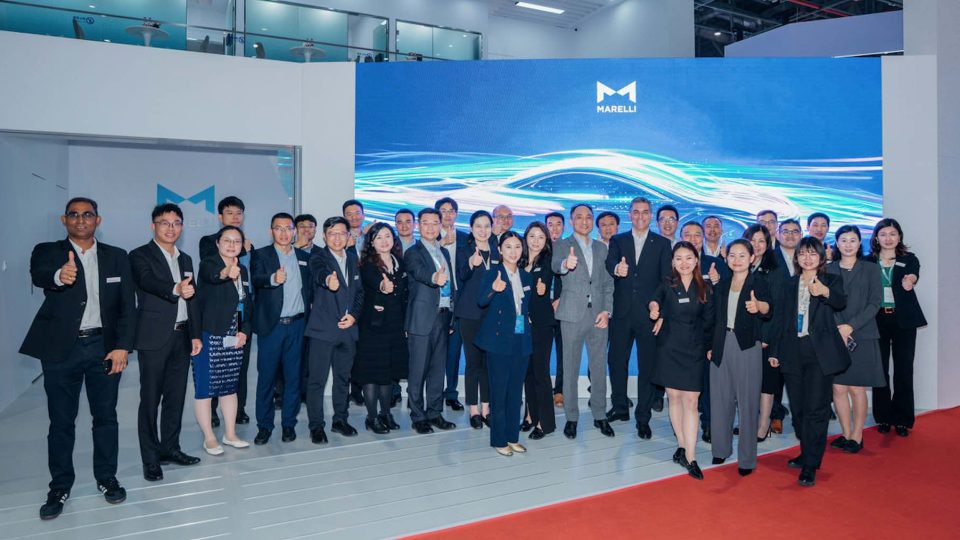Metis Engineering launches Cell Guard for battery health monitoring
Metis Engineering has launched Cell Guard, a new battery safety sensor that aims to revolutionise battery health monitoring for electric vehicles (EVs) and Energy Storage Systems (ESS).

Metis Engineering has launched Cell Guard, a new battery safety sensor that aims to revolutionise battery health monitoring for electric vehicles (EVs) and Energy Storage Systems (ESS).
Cell Guard is a unique sensor that provides unrivalled accurate and detailed information on the health of a lithium-ion battery pack to improve longevity, as well as being capable of detecting cell venting, which is an early sign of catastrophic battery failure vastly reducing the risk of thermal runaway.
Unlike current battery cell monitoring systems (BMS), which typically only offer temperature and voltage sensors, Cell Guard monitors a range of environmental parameters required to ensure that the battery continues to operate in optimum conditions, including VOCs, Pressure change, Humidity, Dew point and has an optional Accelerometer to record shock loads.
This data can be used to crosscheck with other inputs, such as cell temperatures and pressure spikes, to identify cell venting. The sensor relays the data over a configurable CAN interface to a control unit, such as the vehicle’s ECU. This can then raise a warning to alert the driver within seconds that cell venting has occurred. The sensor can also trigger the process to cut the circuit to the battery pack, giving it opportunity to cool down with the objective of preventing thermal runaway.
Cell Guard’s accelerometer can monitor shock loads up to 24G and impact duration that the battery pack may experience reducing costly scrappage. This information can radicalise the re-sale market of used EVs, with buyers given much needed clarity to be able to make informed decisions regarding battery pack condition, as well as its maintenance. It can also help provide far greater insight into the battery’s condition for repurposing and recycling, as well as any subsequent insurance claims.
In addition, Cell Guard can monitor the dew point in the battery pack and trigger a warning before condensation settles on the battery terminals, which could lead to shorting and thermal incidents.
The sensor also features a programable pin that can control relay if a threshold is reached. The Sensor has a low power mode the continues to monitor the pack silently, if a threshold is reached the sensor starts transmitting on CAN this means it can wake up a vehicle should a problem be detected.
Joe Holdsworth, Managing Director at Metis Engineering, said: “With Cell Guard, we are revolutionising the way batteries are monitored and managed in EVs and Energy Storage Systems. As cells age the chance of one in a pack of hundreds or thousands having a fault increases significantly. The early detection of cell venting is vital to the safety of the vehicle’s passengers and everything in the immediate proximity. Our sensor offers far greater accuracy and data than current battery cell monitoring equivalents, and at a much lower cost, up to ten times cheaper than alternatives. Cell Guard not only greatly improves battery health and longevity it also provides consumers with valuable and detailed information on used EV battery condition, which is something that is currently lacking and would transform the market.”
Limitations of current Battery Management Systems
While EV battery packs already have a Battery Management System (BMS) fitted, this system may have limitations when it comes to monitoring the health of the battery pack. For example, temperature sensors may only be present for every few cells, making it difficult to detect issues in a timely manner. Detecting cell issues through voltage fluctuations can also be difficult in the short term because other cells in parallel can prop up the voltage, disguising issues with a cell. Cell Guard can overcome this limitation by supplementing the BMS by providing more detailed information about the health of individual cells.
Certified to ISO Automotive Standards, Cell Guard is manufactured in the UK under strict quality-controlled conditions to satisfy orders from a rapidly growing number of OEMs and Tier 1s where they are being used in ASIL B applications.With Cell Guard, Metis Engineering is setting a new standard for advanced battery health monitoring in EVs and Energy Storage Systems. Increasing safety, reducing risk and providing incomparable insight into battery condition will provide peace of mind for EV drivers and ESS manufacturers alike and help promote the wider adoption of electric vehicles and Energy Storage Systems.











